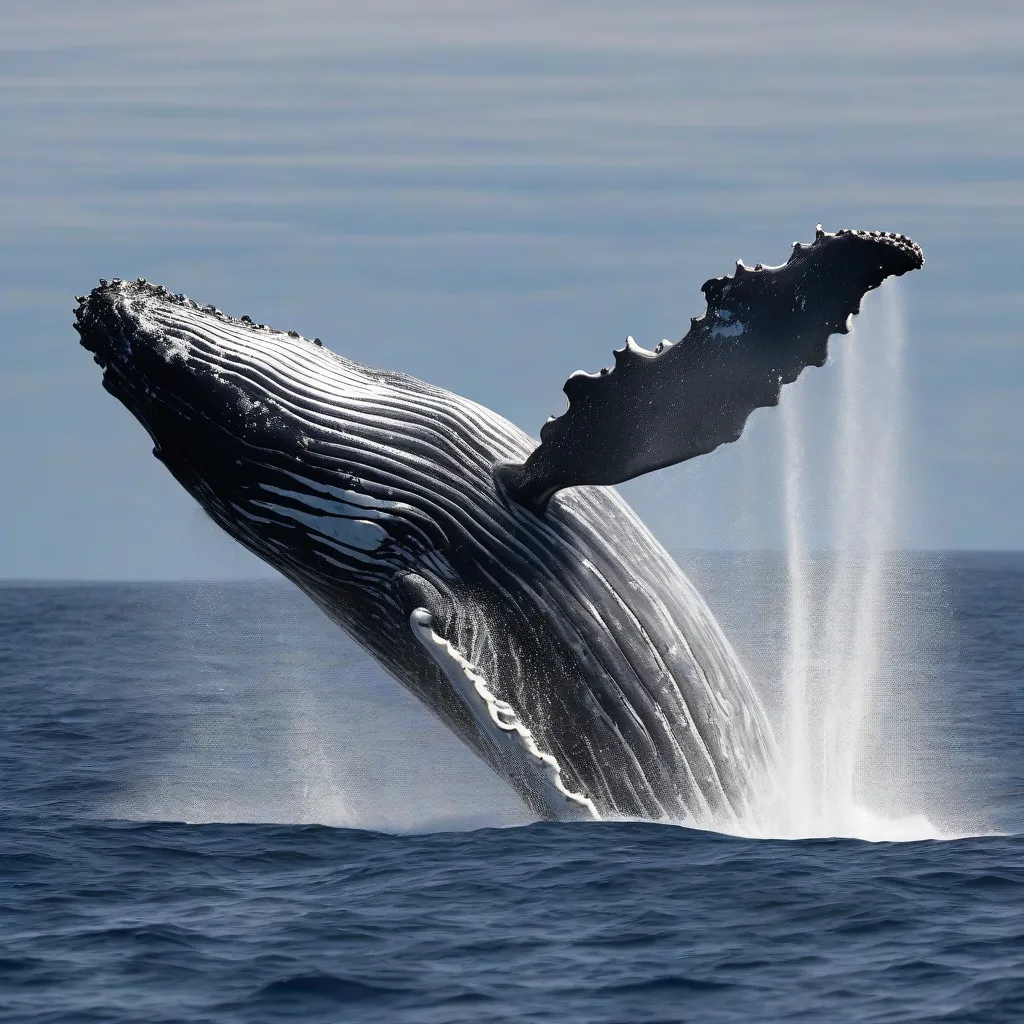Have you ever wondered how whales communicate over vast distances in the ocean? It’s like a scene from “Finding Nemo,” where Dory claims to speak whale. While Dory’s linguistic skills might be fictional, the incredible distances whale sounds can travel are very real. Join us as we dive into the fascinating world of whale communication and uncover the secrets of the ocean’s acoustic highway.
The Science of Sound in Water
Sound travels differently in water than in air. It moves faster and further thanks to water’s higher density. Imagine you’re at a bustling market in Bangkok. The sounds of vendors, traffic, and chatter create a cacophony. Similarly, the ocean is full of sounds from marine life and human activities, but some sounds travel much further than others.
Whales: The Ocean’s Vocal Powerhouses
Whales are some of the loudest animals on Earth. Some species, like blue whales, produce calls that can reach volumes of over 180 decibels – louder than a jet engine! These calls aren’t just about volume; they’re complex and varied, used for a variety of purposes like finding mates, navigating, and hunting.
So, How Far Can Whale Sounds Travel?
The distance a whale sound can travel depends on several factors, including:
- Species: Different whale species have different call frequencies and power.
- Ocean conditions: Water temperature, salinity, and depth can all affect sound transmission.
- Background noise: Just like in that busy Bangkok market, noise pollution from ships and other human activities can interfere with whale communication.
However, some whale calls, particularly those of large baleen whales like humpbacks and fin whales, have been recorded traveling hundreds, even thousands, of miles under ideal conditions. Think about that – a whale’s song could potentially travel from the warm waters of Hawaii to the chilly Alaskan coast!
 Whale Communication
Whale Communication
The Importance of Whale Communication Research
Understanding how far whale sounds travel is crucial for conservation efforts. By mapping acoustic habitats and identifying areas where noise pollution interferes with whale communication, scientists can work to protect these incredible creatures.
FAQs About Whale Sounds
Do all whales make the same sounds?
No, different whale species have distinct calls, much like different birds have different songs.
Why do whales sing?
Scientists believe whales use their songs for various reasons, including attracting mates, defending territory, and navigating.
How can I learn more about whale communication research?
Check out organizations like the Ocean Conservation Society or the Whale and Dolphin Conservation for more information.
Travel Tips for Whale Watching Enthusiasts
Want to experience the magic of whales in person? Consider a whale watching tour in locations like Hervey Bay, Australia, or Kaikoura, New Zealand, known for their incredible whale watching opportunities. Remember to choose responsible tour operators who prioritize the well-being of these magnificent animals.
Finding Your Zen: The Soothing Sounds of the Ocean
In many cultures, the ocean is associated with peace and tranquility. Incorporating elements of water, like a small fountain in your home or listening to recordings of ocean waves, can promote relaxation and well-being.
 Whale Watching Tour
Whale Watching Tour
Conclusion
The ability of whale sounds to travel vast distances in the ocean is a testament to the power of nature and the importance of acoustic communication in the animal kingdom. By understanding and protecting these acoustic habitats, we can ensure that the ocean’s symphony continues for generations to come. If you’re interested in exploring more fascinating topics about sound and travel, be sure to visit our other articles on travelcar.edu.vn.
